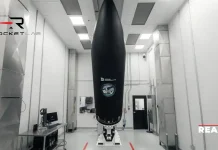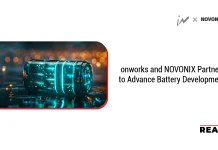Boliden has started sales of zinc with a low climate footprint. The new product emits less than 1 tonne of carbon dioxide emissions per tonne of zinc, compared with the industry average of 2.5 tonnes. Low carbon zinc will stand for 18 percent of Boliden’s total zinc production.
Also Read:-Braskem Invests in Nexus Circular to Accelerate Advanced Recycling of Plastics
The main area of use for zinc is galvanization of steel structures, which protects against rust and extends the service life of the structures. Boliden is Europe’s largest mining producer in zinc and the third largest in smelter production.
“The interest in metals with low climate impact is very high. We now include zinc in this product portfolio, which shows that our production of this metal is also at the highest level in terms of climate. In addition, investments are being made in increased production so that more metal with high climate performance comes to market,” says Daniel Peltonen, director Business Area Smelters, Boliden.
The first customers with a signed agreement for low carbon zinc are Zinkpower and EverZinc*. Deliveries of zinc with less than 1 tonne of CO2 per tonne of zinc will begin in February 2022. In parallel with the start of sales of zinc with a low climate impact, a product from recycled zinc will also be offered. However, this zinc has a significantly higher climate impact due to the fact that the majority originates from a residual product from steel production and available recycling technology.
The emission calculations include emissions along the entire value chain up to the customer according to Scope 1, 2 and 3 GHG Protocol Product Life Cycle and follow the standard ISO 14064-3.
In 2021, Boliden presented corresponding products in copper, which was well received by the market. For copper, the limit value is 1.5 tonnes of CO2 per tonne of copper, compared with the global average of around 4 tonnes of CO2.




